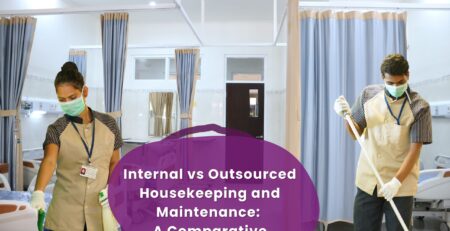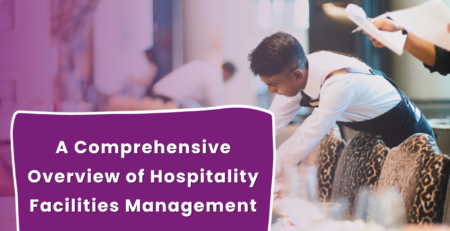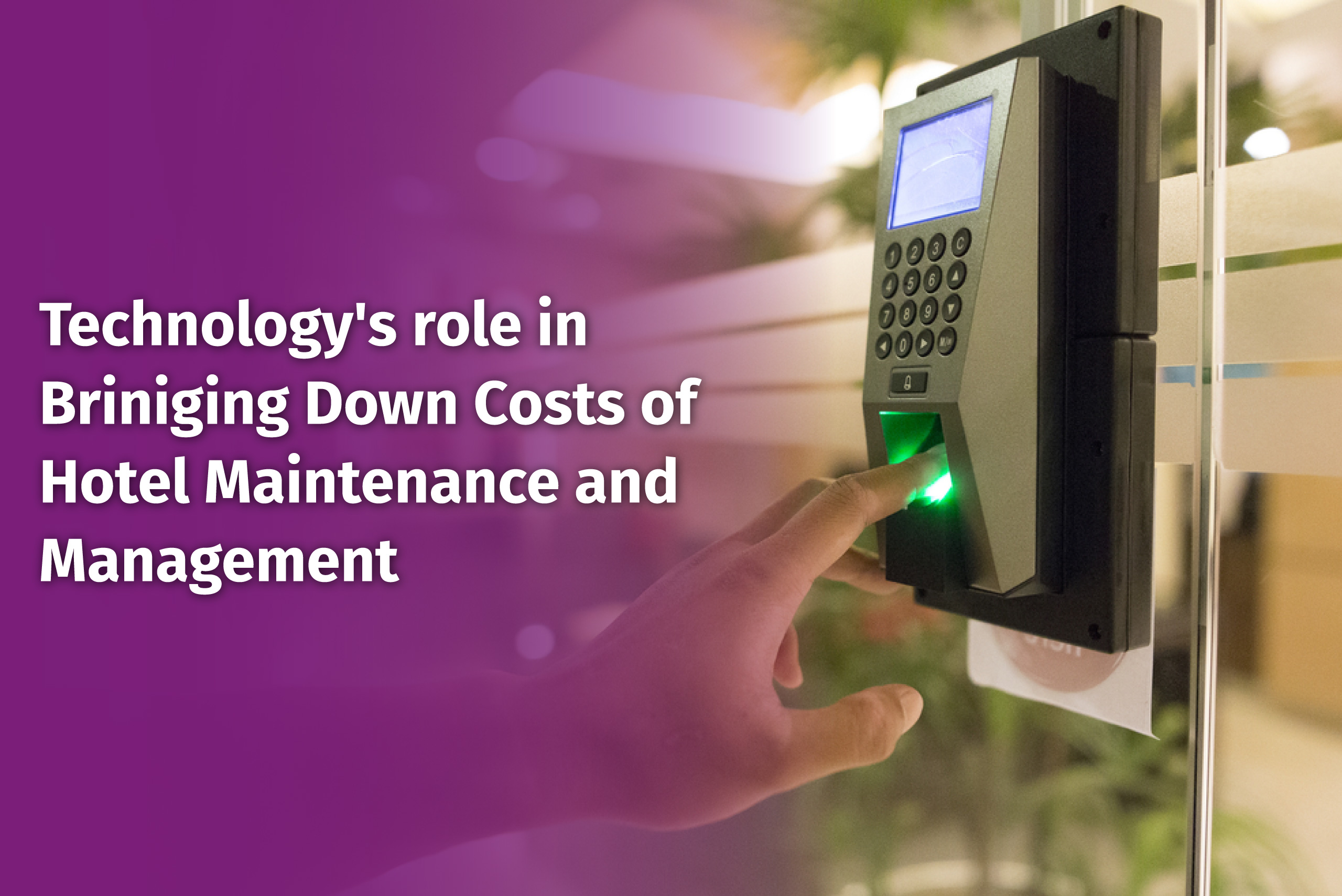Employee Health: Why Maintaining Food Hygiene Is Important For Your Hospitality Workforce
Tips To Maintain Employee Hygiene In The Hospitality Industry
Employee health refers to the physical and mental health of all those who work in an organization. When anyone talks about health, it is always about physical ailments. However, not many realize that prolonged physical illnesses could have a detrimental effect on one’s mental equilibrium.
Nowadays, most organizations prioritize the health of employees. There is a lot of media exposure on how companies treat their employees. Additionally, even corporate companies are becoming aware of how employee health impacts their productivity with the organization. Whether it’s through actual physical problems or mental stressors, there is a direct correlation between low productivity in the workforce and company profits.
Employee Health In The Hospitality Industry
The hospitality industry is massive. There are a lot of different businesses that come under its umbrella. Businesses like hotels, motels, restaurants, cruise lines, food delivery services, and even country clubs are a few examples of the hospitality business. However, the fundamental ethos of any hospitality industry is the same – to welcome guests and provide them with the necessary services.
Since the hospitality industry provides services to its guests, the employees often directly interact with the guests. If an employee is unhealthy, he could pass on the illness to the guests and cause a mass infection. Or a sick guest may infect an employee leading to mass illnesses in the organization. There is always a fear of an outbreak of easily contaminated diseases affecting the hospitality industry. Since parts of the sector deal directly with food, it could also cause foodborne illnesses.
Why Is Food Safety Important?
Food safety means assuring food quality through various sourcing, preparing, storing processes until it reaches the final destination. In addition, many human hands also handle the food through these multiple processes, which could contaminate food.
Now that people understand how diseases spread quickly through food, food safety measures are being implemented at every step of the food handling process. Not only is it necessary to protect food from getting contaminated during the handling process, but it is also required that the machinery used for the same also follow safety measures.
According to the World Health Organization, almost 600 million people fall sick every year due to contaminated food globally. At the same time, those who die due to contaminated food are upwards of 420,000.
Although some people are resilient to foodborne illnesses, many are prone to more severe diseases that could lead to death, especially children younger than 5 or those with comorbidities or other underlying health issues.
Tips For Maintaining Employee Hygiene
Personal hygiene directly relates to how often you fall sick. Even if you follow only the most basic hygiene rules, you can reduce your tendency to fall ill. A few ways to maintain employee hygiene in the food industry are given below:
1. Check Health At The Time Of Starting Work
In the current scenario, when the world is slowly approaching a post-pandemic era, it is beneficial to check employees before starting work. A temperature check should suffice to rule out fever and other associated infections. Everyone in the hospitality industry should get their temperatures checked – no matter if you handle food or deal with guests. If an employee feels sick, the management needs to provide access to doctors and rooms to rest.
2. Wear Masks, Hairnets, And Appropriate Clothes
While wearing masks is an intelligent choice for hospitality, it is essential for people dealing with food. Masks help protect food and other employees from any wayward droplets due to sneezes or coughs. And, any employee that handles food should wear a hairnet to prevent hair from falling into food.
The clothes people wear also need to be comfortable and durable. Sometimes, extreme temperatures in the food processing units may harm an employee’s health. In factories that manufacture food, employees also need to wear footwear in the actual manufacturing units. This is to ensure there is no cross-contamination of germs in the areas that manufacture food. These germs may cause employees to fall sick if not handled correctly.
3. Washing Hands And Keeping Them Clean
Keeping hands clean should be a priority irrespective of where you work. This is doubly so in the case of the hospitality industry. When handling uncooked food like raw meat and seafood, employees need to wash their hands thoroughly before and after the process. Germs and bacteria from the animal flesh may infect the employees if they do not wash their hands. Even when facing guests, employees may be at risk of infections. If any guest feels unwell, they may pass it on to the workers who provide housekeeping and other services.
4. Wellness Retreats
It is not essential to monitor employees’ physical health. Organizations need to consider their mental well-being as well. Companies need to create programs that focus on helping employees keep physically fit by providing fitness trainers and nutritionists access. Companies can also offer their employees annual retreats where they can unwind and destress from work pressures.
Conclusion
Organizations can be successful as long as the employees keep their productivity up. And this can happen only when employees are healthy.
Food safety and employee health need to be a priority for every organization in the hospitality industry. Employee health needs to be monitored at intervals—the death toll due to foodborne diseases in the hospitality industry is immense. To decrease the severity of conditions and avoid adding to the number of deaths, employee health care, and food safety need to be monitored.












